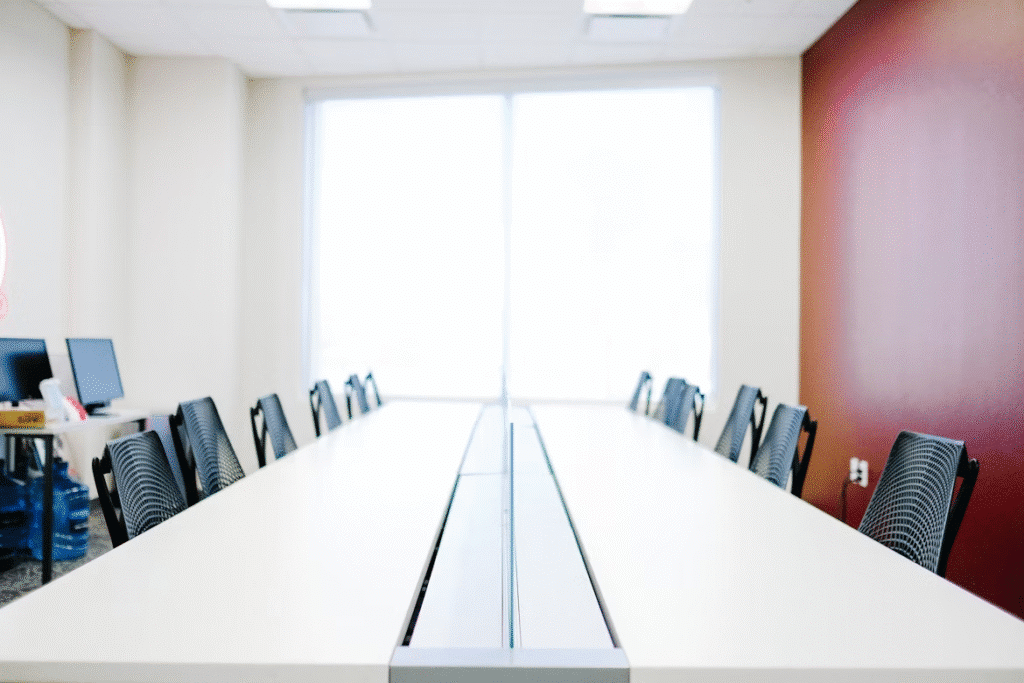
A clean and organized office directly impacts productivity, focus, and overall employee satisfaction. An environment free from clutter makes it easier to locate important documents, manage tasks efficiently, and create a positive atmosphere. Maintaining order in the workplace requires planning, consistency, and a willingness to adopt effective strategies that keep everything in place.
Declutter Regularly
The first step toward an organized workspace is consistent decluttering. Desks filled with unnecessary papers, old supplies, or unused equipment make it harder to focus on daily responsibilities. A regular review of what is needed and what can be discarded helps prevent buildup. Employees should set aside time each week to remove items that no longer serve a purpose. Doing this ensures that work areas remain functional and streamlined. By making decluttering a routine, businesses reduce distractions and help employees concentrate on what truly matters. Over time, this approach creates a healthier and more professional environment that promotes both efficiency and satisfaction. A culture of decluttering also reduces the chances of items getting misplaced, which saves time during busy workdays.
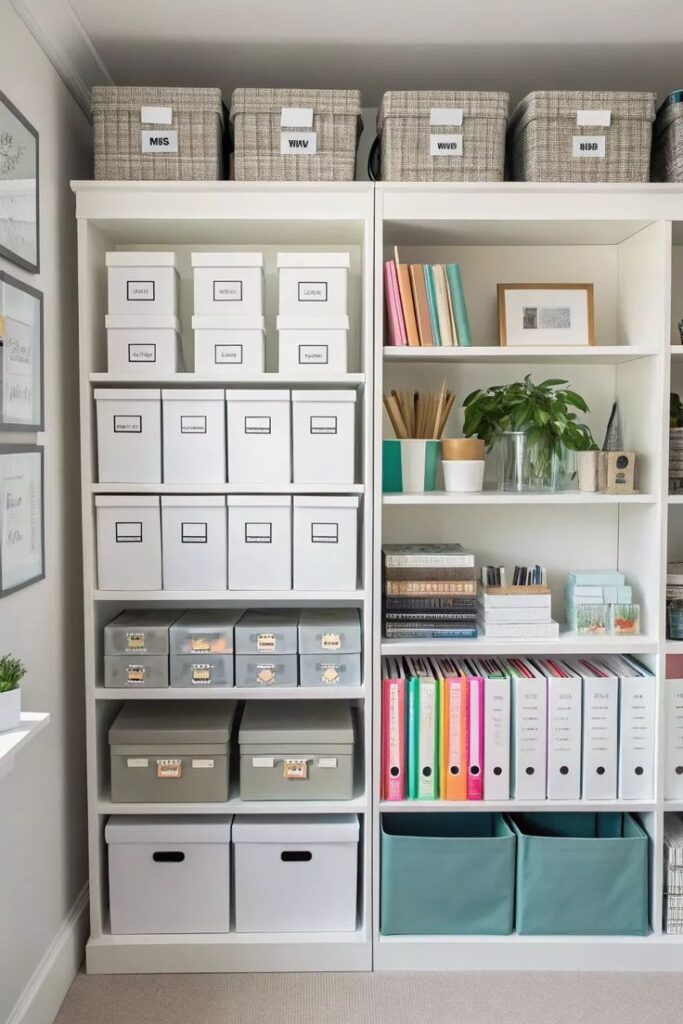
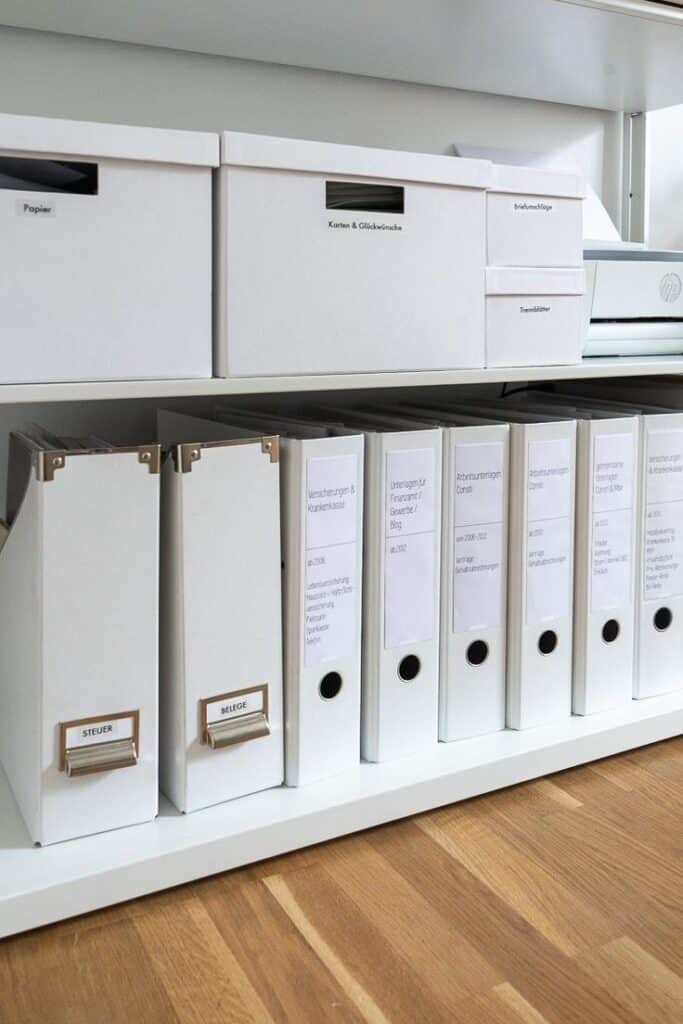
Rely on Professional Cleaning Support
Even with daily tidying, offices require deeper cleaning to stay hygienic and appealing. Dust, dirt, and hidden buildup can collect in places that employees often overlook during routine maintenance. Hiring trained cleaners ensures that carpets, windows, and shared areas receive the attention they need. Many businesses turn to eshine or similar trusted cleaning experts to manage these tasks on a scheduled basis while staff focus on their work. Professional cleaners provide consistency and thoroughness that typical office routines may not achieve. This type of support allows companies to maintain a polished environment that leaves a strong impression on clients and visitors. Regular deep cleaning also extends the life of office furniture and equipment, making it a worthwhile investment for long-term savings and a healthier workplace.
Prioritize Desk Organization
Individual workstations contribute significantly to the overall state of the office. A tidy desk makes it easier to concentrate and complete tasks without unnecessary delays. Items used frequently should be within easy reach, while less-used items can be stored away. Office managers can provide drawer organizers, shelves, and trays to help employees keep their desks functional. Simple steps like arranging cables, labeling drawers, and designating spaces for supplies create a more efficient setup. A well-maintained desk reduces stress by minimizing distractions and allowing employees to focus fully on their assignments. Organized desks also project professionalism to clients or partners visiting the office. Establishing desk organization policies creates consistency across the workplace and helps maintain high standards for appearance and efficiency.
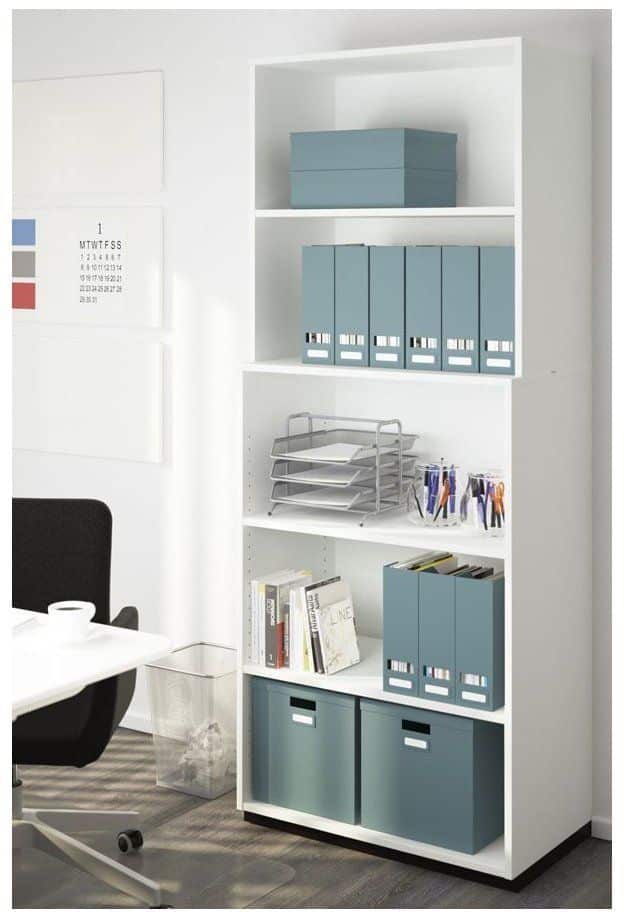
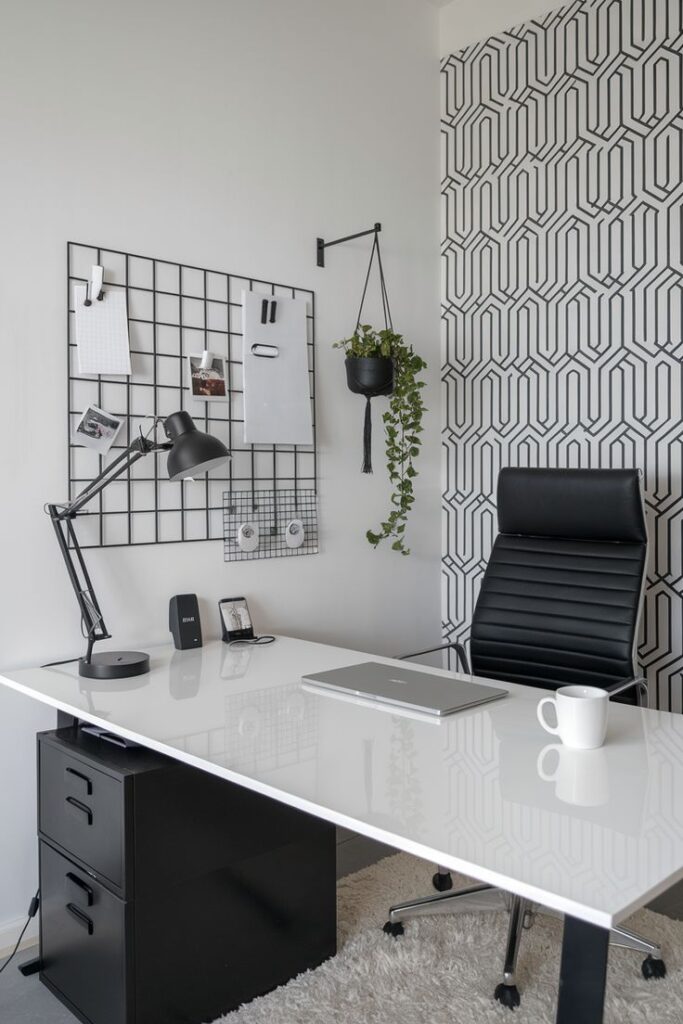
Implement Cleaning Schedules
Regular cleaning schedules ensure that the office remains both organized and hygienic. Assigning specific tasks such as vacuuming, sanitizing shared equipment, and emptying trash bins keeps the workplace in top condition. Businesses may designate certain days for deeper cleaning, such as carpet maintenance or window washing. When employees know that cleaning tasks are scheduled and consistent, they are more likely to maintain personal order in their areas. Structured schedules promote accountability and prevent tasks from being overlooked during busy periods. Clean environments also contribute to employee well-being by reducing exposure to dust, allergens, and germs. By creating a calendar that specifies daily, weekly, and monthly cleaning tasks, managers can ensure that the entire workspace is consistently maintained. This approach builds habits that improve hygiene and workplace morale.
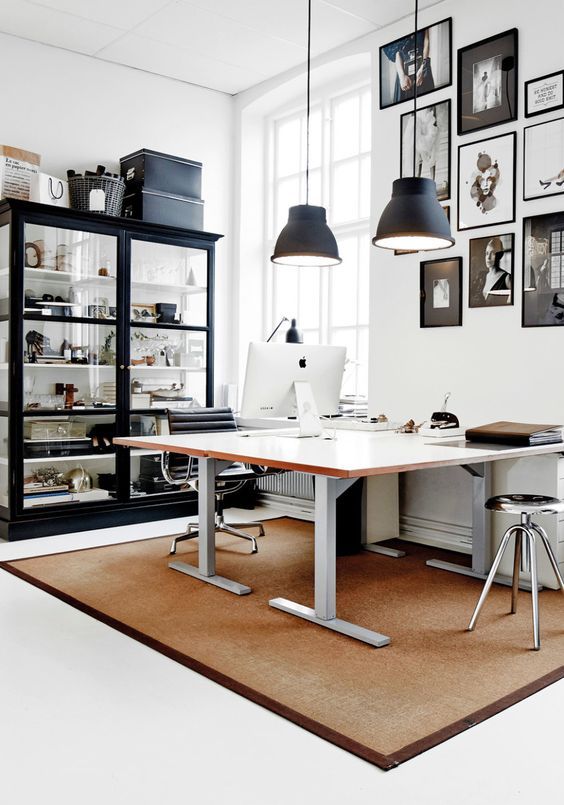
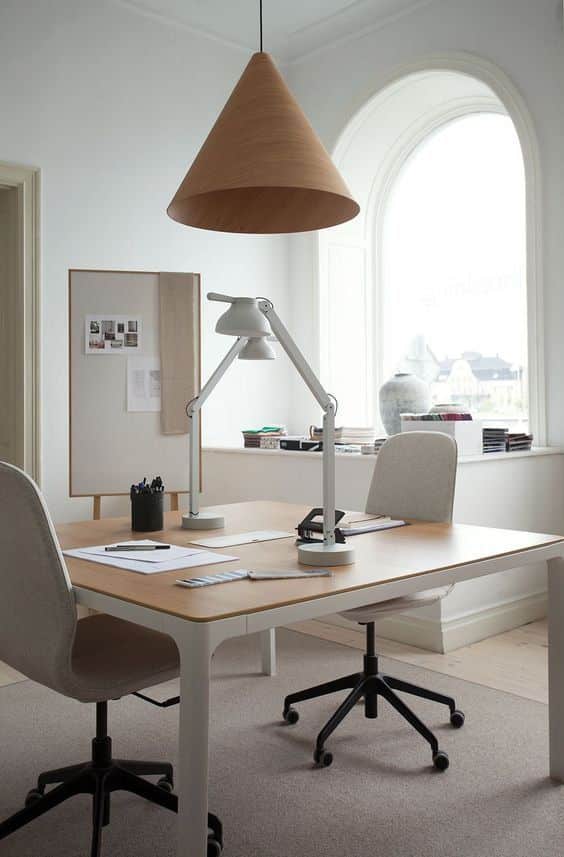
Encourage Shared Responsibility
Maintaining a clean office should not fall on one person alone. Encouraging all employees to take part fosters a culture of respect for the work environment. Each team member can take small steps, such as washing their dishes, clearing meeting rooms, or properly storing supplies after use. Shared responsibility ensures that cleanliness becomes part of the daily routine rather than an occasional effort. Managers should set clear expectations and provide the necessary tools to help staff contribute effectively. Promoting shared accountability creates a sense of teamwork and pride in the office. Employees are more likely to respect their surroundings when they see others actively participating. This collective effort strengthens workplace culture and reduces the chance of tasks being neglected. A united approach ensures that every area of the office stays clean, organized, and ready for daily use.
Invest in Organizational Tools

The right tools can make maintaining order much easier. Offices benefit from storage solutions like shelving units, filing cabinets, and desktop organizers. Digital tools such as task management software and cloud storage platforms streamline workflows and reduce reliance on paper. Labels, whiteboards, and bulletin boards provide clear reminders of priorities and deadlines. By investing in both physical and digital organizational tools, companies can create a structured environment that supports efficiency. Tools such as mobile apps for task tracking or shared online calendars make it easier for teams to stay aligned and productive. Storage solutions improve office appearance and functionality, while digital tools enhance collaboration. These investments pay off by reducing wasted time, improving communication, and keeping the office in optimal condition.
A clean and organized office improves productivity, supports collaboration, and builds a more positive workplace culture. Consistency in practices like decluttering, maintaining systems, and following schedules helps teams achieve better results. With shared responsibility and the right tools, every office can sustain an environment that promotes focus and efficiency. Businesses that prioritize organization create spaces where employees feel comfortable, motivated, and ready to succeed.
- 3shares
- Facebook0
- Pinterest0
- Twitter3
- Reddit0



